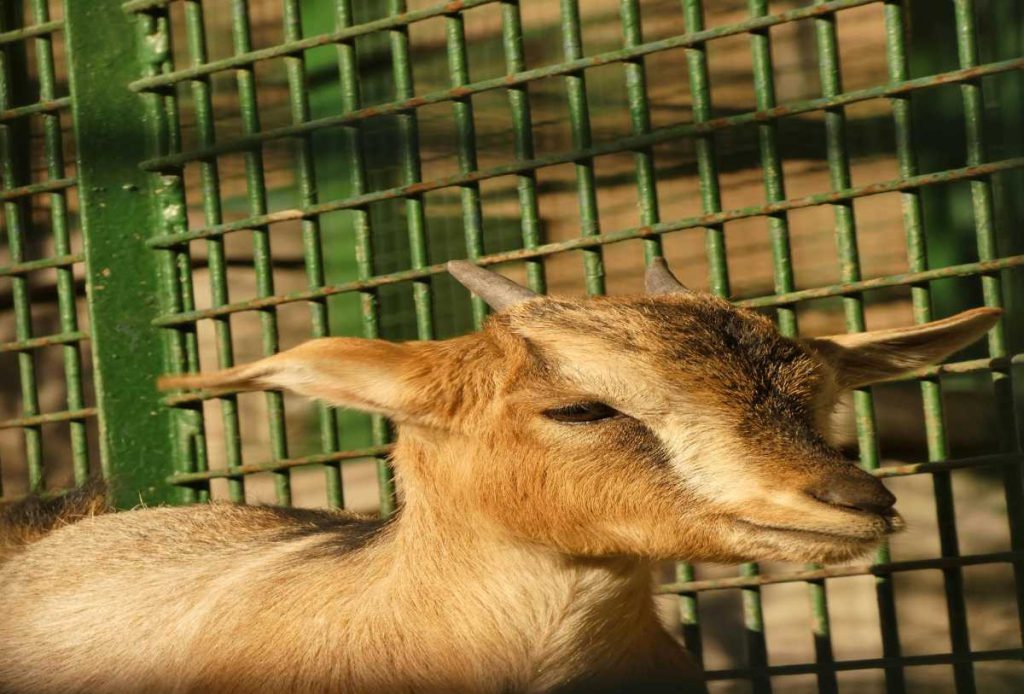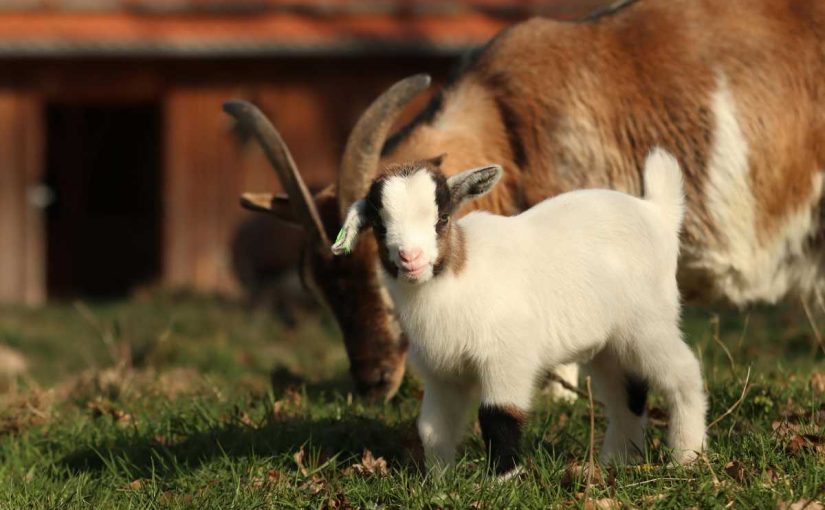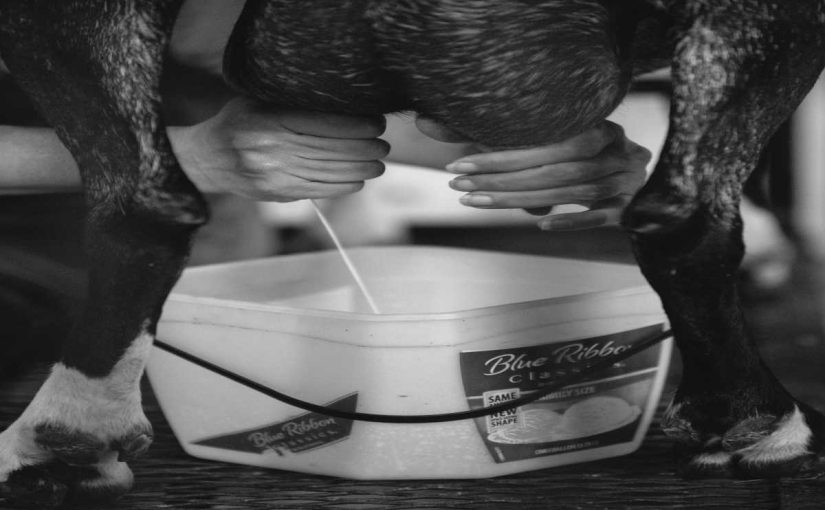Deworming is an essential practice in livestock management, particularly for goats, as it helps maintain their health and overall well-being. Parasites, especially gastrointestinal worms, can significantly impact a goat’s growth, productivity, and quality of life. In this blog, we’ll explore what deworming is, why it’s important for goats, and how often you should deworm them for optimal health.
What is Deworming?
Deworming is the process of administering anthelmintic medications to eliminate internal parasites, commonly known as worms, from an animal’s body. These parasites can include various species of gastrointestinal nematodes, such as Haemonchus contortus (barber pole worm), Teladorsagia circumcincta, and Trichostrongylus axei, among others. Deworming helps control these parasites, reducing their impact on the animal’s health, growth, and productivity.
Why is Deworming Important for Goats?
- Preventing Parasite Infestation: Goats are particularly susceptible to worm infestations, which can occur through contaminated pasture, feed, or water. Regular deworming helps prevent the buildup of parasite populations.
- Promoting Health and Growth: High parasite loads can lead to malnutrition, weight loss, anemia, and poor overall health. Deworming ensures that goats can absorb nutrients effectively, promoting healthy growth and optimal production.
- Improving Productivity: Healthy goats produce more milk, gain weight more efficiently, and are less likely to suffer from diseases related to parasitism. This is especially crucial for dairy and meat producers looking to maximize their yields.
- Enhancing Longevity: Regular deworming can contribute to a longer lifespan for goats by preventing the health complications associated with chronic parasite infestations.
- Reducing Environmental Contamination: Deworming goats can also help reduce the environmental load of parasite eggs, decreasing the likelihood of reinfestation on the pasture.
How Often to Deworm Goats
Determining the appropriate frequency for deworming goats can depend on several factors, including the specific parasites present, the goat’s age, their environment, and individual health conditions. Here are some general guidelines:
- Routine Deworming Schedule:
- Young Goats (Kids): Kids should be dewormed at approximately 4 to 6 weeks of age, then again at 8 to 12 weeks. They may require additional treatments based on fecal egg counts and their living conditions.
- Adult Goats: Adult goats can typically be dewormed every 6 to 12 months, but this may vary based on local parasite prevalence, environmental conditions, and individual health.
- Fecal Egg Count (FEC): Rather than relying solely on a fixed schedule, consider performing fecal egg counts to assess the parasite burden in your goats. This test measures the number of parasite eggs in a fecal sample, providing insight into whether deworming is necessary. Based on the results:
- If FEC indicates a high parasite load, deworming should be done.
- If the count is low, you may extend the interval between treatments.
- Environmental Factors: Goats raised in warmer, humid climates may be at higher risk for parasite infestations and might require more frequent deworming than those in cooler, drier environments. Pasture management practices also play a significant role. Rotational grazing and maintaining clean living conditions can help reduce parasite loads.
- Signs of Infestation: Be vigilant for signs of parasitism, such as:
- Weight loss or poor body condition
- Dull coat
- Anemia (check the color of the gums)
- Diarrhea
- Weakness or lethargy
If you observe these symptoms, consult your veterinarian for advice and consider conducting a fecal exam.

Choosing the Right Dewormer
Selecting the appropriate anthelmintic is crucial for effective deworming. There are several classes of dewormers, including:
- Benzimidazoles (e.g., Fenbendazole)
- Macrocyclic Lactones (e.g., Ivermectin)
- Imidazothiazoles (e.g., Levamisole)
- Salicylanilides (e.g., Closantel)
It’s important to rotate dewormers from different classes to prevent the development of resistance in parasite populations. Consult your veterinarian for recommendations tailored to your specific herd and situation.
Conclusion
Deworming is a critical component of goat health management that can significantly impact the well-being and productivity of your herd. By understanding the importance of deworming, adhering to a regular schedule, and utilizing fecal egg counts, you can help ensure that your goats remain healthy, productive, and free from the burden of internal parasites. Remember, the guidance of a veterinarian is invaluable in developing an effective deworming plan tailored to your goats’ needs. By prioritizing goat health, you’ll set your farm up for success and enjoy the many benefits that come with raising these hardy, versatile animals.




